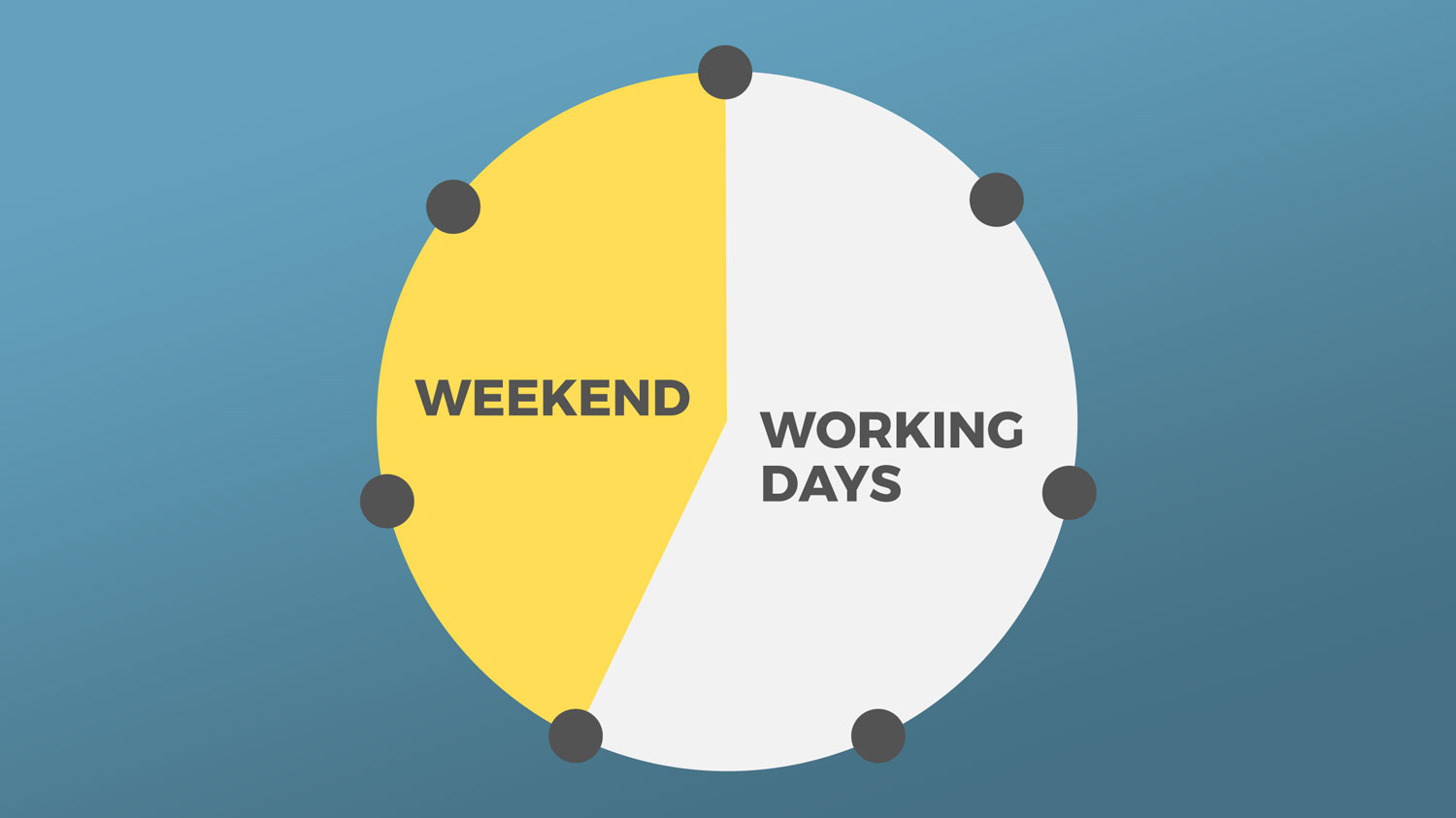
Post-pandemic workplace drug use on the rise
Employers are being advised of the importance of workplace drug testing after the number of employees testing positive rose by 54% compared to pre-pandemic levels, according to workplace drug, alcohol and COVID-19 testing provider AlphaBiolabs.
Among those drugs showing up in positive tests, the presence of opiates more than doubled. While this could be attributed to an increase in prescribed painkillers, AlphaBiolabs could not rule out the possibility of a rise in painkiller misuse since the pandemic began. Cocaine saw the second biggest rise, with positive cases up by 37%, followed by cannabis, which was up by 30%.
Rachel Davenport, Director at AlphaBiolabs, said:
“It has been widely reported that the pandemic has had a significant impact on people’s mental and physical wellbeing, leaving a lot of people feeling isolated, with some seemingly turning to illicit substances to cope. While many workplaces already have a drug and alcohol policy in place, an unfortunate consequence of the lockdowns and a rise in working from home is that a lot of people are not being tested and have instead been left to their own devices.
“Although we can’t say whether these individuals are using drugs recreationally, to alleviate pain, or whether they were already struggling with addiction prior to the pandemic, this shocking rise in the number of positive cases demonstrates the importance of workplace drug testing. Such policies are crucial for safeguarding employees – especially those in safety critical roles – and enabling businesses to provide the proper support they need.”
This time last year, Dr Zofia Bajorek, a Research Fellow with the Institute of Employment Studies, told International Workplace about the steps employers can take to support employees – particularly homeworkers – with alcohol problems, which also apply to drug use. She offered the following tips:
- Are communication channels open? Do employees feel like they have somebody in their organisation they can talk to if they are struggling with their wellbeing? It may be their line manager, or another trusted colleague, or HR, but employees need to feel that they have a safe space in their organisation where they can open up.
- Communication about wellbeing helps if there are regular employee check-ins. Those who are in more regular contact with their line managers report better wellbeing, so ensure that the employee and line manager relationship is maintained.
- It may be that line managers are unsure about how to have sensitive employee wellbeing conversations with their staff, especially around issues such as alcohol consumption and mental health. Line manager training is always important, but now even more so, so they feel capable and confident to manage and support employees.
- It may be helpful for HR to remind employees about important policies and practices and provide further clarification if required. If your organisation does not have a drug and alcohol policy, it may be helpful for HR managers and senior level staff to develop one.
- Remind staff about other support networks that are available – for example if your organisation has an employee assistance programme. But there are also a range of other national charities providing wellbeing support that may be of use to employees
- Think about work socials and what these are centred around. Is there a pressure for social aspects to feature alcohol?
- Does your organisation have an occupational health service available, where support for both the manager and the employee can be provided? What other support processes or employee rehabilitation can you provide? If time is required off work, do you have a sufficient return-to-work policy to ensure that adequate support is provided?
IOSH Managing Occupational Health and Wellbeing, brought to you by International Workplace, is suitable for managers and supervisors working in any sector and for any organisation. It's designed to provide them with the tools and techniques to improve health and wellbeing in the organisation, and features content on drugs and alcohol policies and support.







